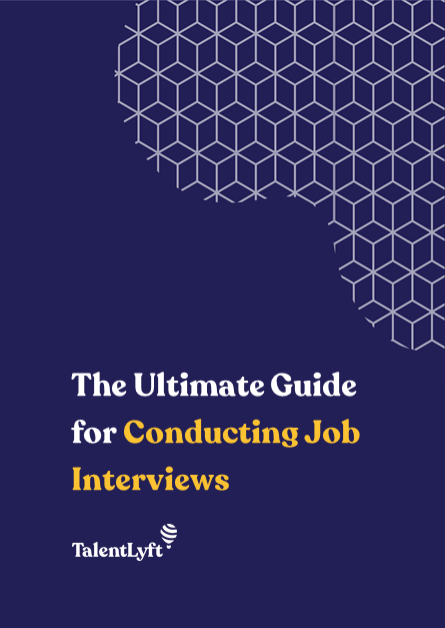
Learn all about the candidate red flags and how to recognize a bad hire - before you make that costly mistake! All employers should be wary of 11 key red flags when interviewing candidates. If you spot them in your candidates - don’t hire them!
Learn all about the candidate red flags and how to recognize a bad hire - before you make that costly mistake! All employers should be wary of 11 key red flags when interviewing candidates. If you spot them in your candidates - don’t hire them!
Companies make hiring mistakes as no hiring process is a perfect one. You should try not to repeat the same mistakes while hiring a candidate.
Conducting an interview is an important step to sort the candidates and by their answers, you can judge a red flag. And the reality is that a bad hire can have a bad impact on your business.
➡️ Download The Ultimate Guide for Conducting Job Interviews!
Employers have a lot to lose if they consistently hire the wrong candidates. According to the US Department of Labor, The average cost of a bad hire is up to 30% of the employee’s first-year earnings. This means that for an employee with a yearly pay of $80,000, the expense to the employer would be as high as $24,000, and for more experienced positions it could come up to $50,000! 😲
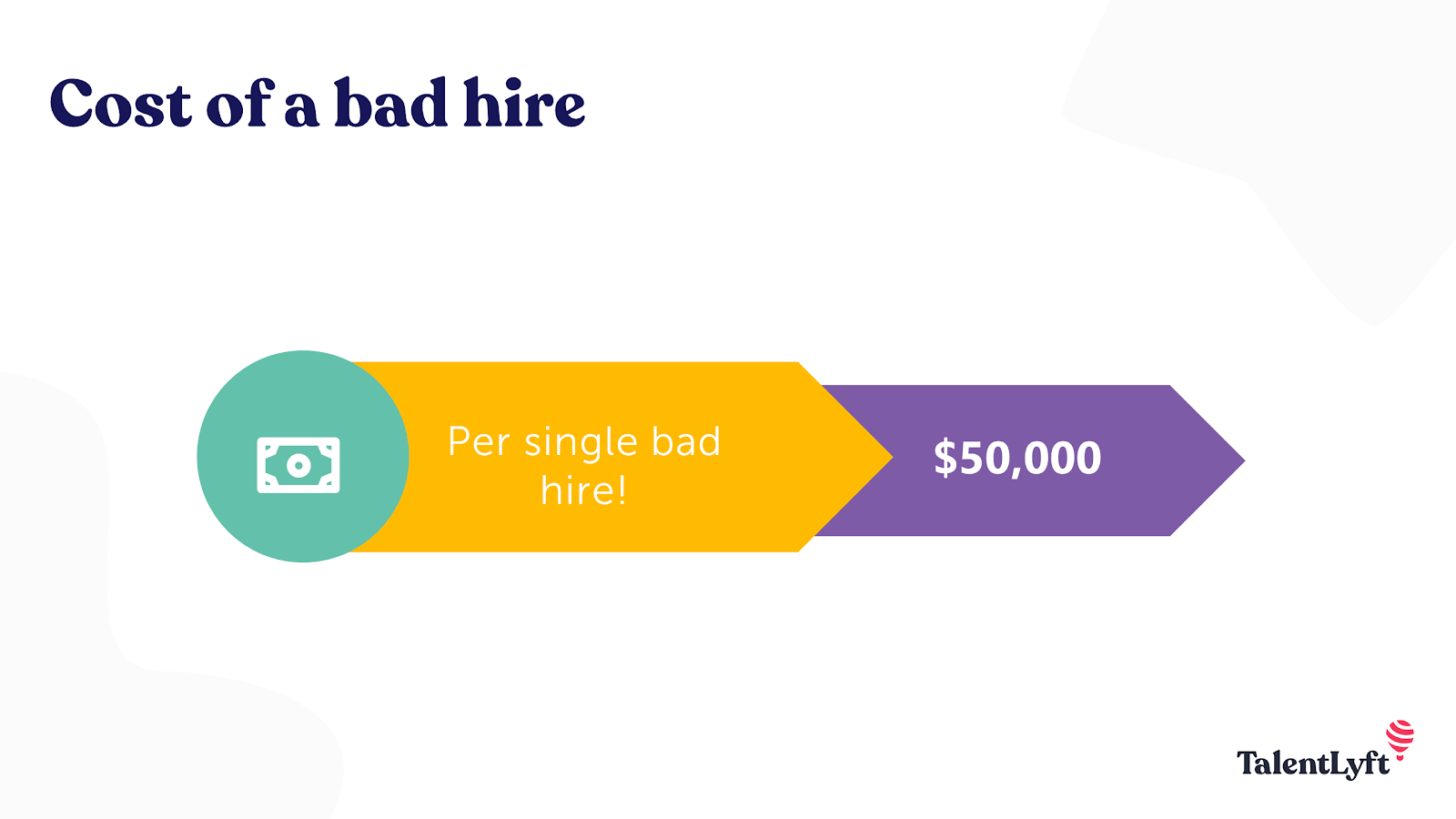
Recruitment companies have a hard task in separating a good candidate from a bad candidate. The only way is via interview and screening the candidate. Bad candidates often find loopholes during the interview process, so it’s difficult to find out whether they are telling the truth or not.
That is why it’s necessary to have strong recruitment solutions. One way to separate a good candidate from a bad candidate is to look for red flags that exist. There are other traits found in a poor candidate.
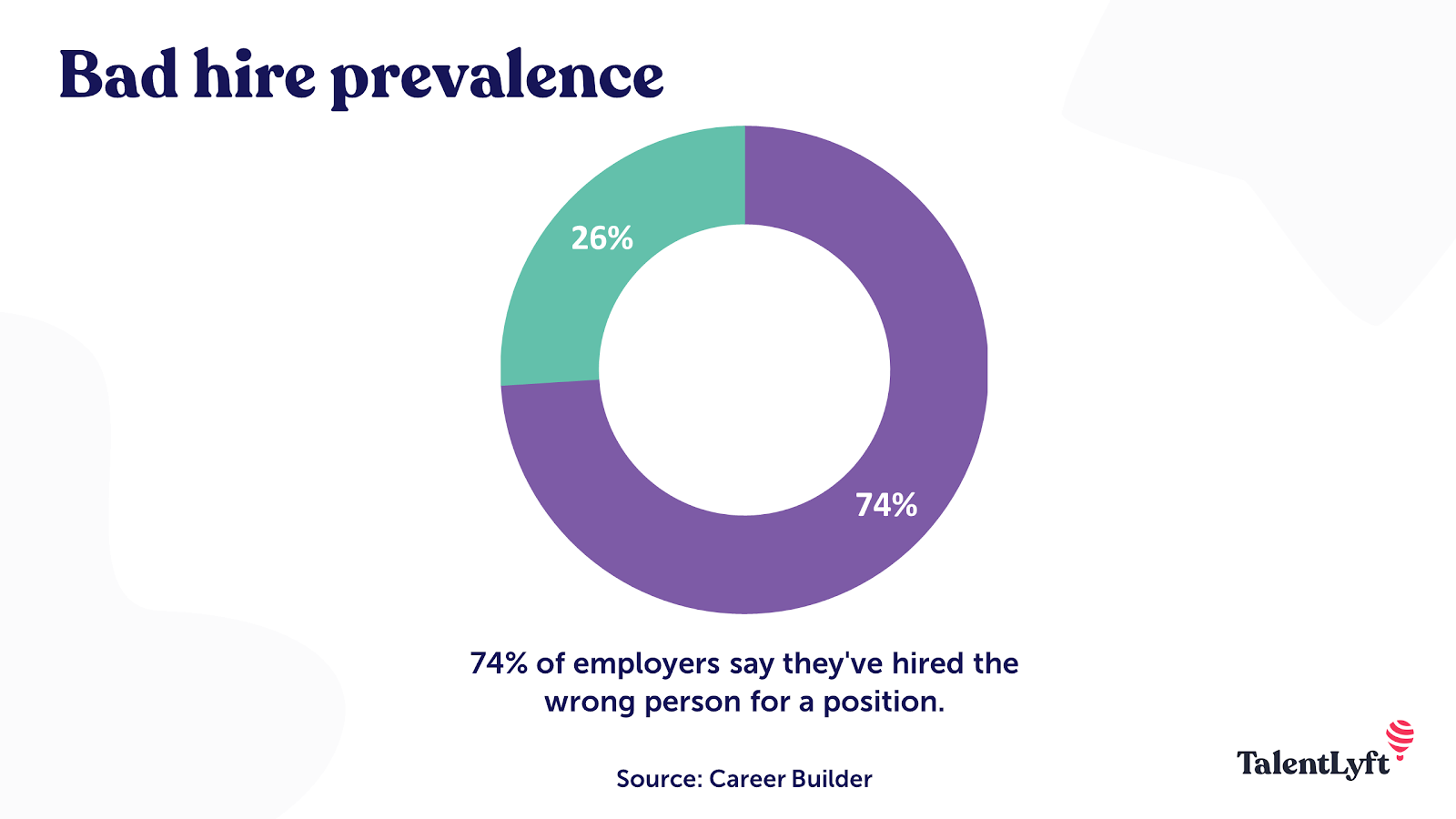
Here are some red flags that you should watch out for before hiring a candidate:
Getting late for an interview says a lot about a person. If the candidate is not able to reach for the interview on time then he will repeat the same after getting hired. This is the basic red flag to look out for during the interview.
It shows that the candidate is not a strong planner and he is not at all professional. This could be a sign that he will get late for client meetings in the future. He might not be interested in the job profile and as a company, you are on the lookout for dependable employees.
If they can’t show respect while being on time, they likely won’t be on time for other things. There can be genuine reasons like a candidate is ill or having a personal problem, you need to take the help of recruitment services, who are experienced enough to know if a candidate has a legit reason or not.
Expert speaks:
“If the candidate shows up late for the interview, you can be sure that he will be late on the workdays.” - Jennifer Main, PR Specialist
All the candidates should come prepared for the interview and should know about the company. When they do their research about the company it shows that they are interested in the profile, and the company and are a serious fit for the company.
On the other hand, a lack of questions/doubts after the interview shows that they might not have an interest in the job. If they only have questions related to money and compensation, this could be a sign that they don’t have the best intentions.
Expert speaks:
“Candidates with no doubt after the interview is conducted may seem ambitious. There is a chance they lack the understanding of the role.” - Angi Lewis, Senior Recruiting Specialist
Employers do check their online presence before making any decision. They will Google about them, check their professional profile, social media accounts or read their blog, and more. If the employer finds negative photos, comments, and certain actions that could reflect negatively on the company, then they will move to another candidate.
Some of the red flags to look at while checking the online presence are negative comments about their previous employer, having a bad attitude, and speaking negatively about previous employees. If you will hire a candidate with a suspicious online presence then it can hamper your employer branding in the long run. So, it’s better to stay clear of such candidates. Online auctions can be a reflection of their actions in the workplace.
Expert speaks:
“An exaggerated online persona can be a sign of early problems to arrive at the workplace.” - Matt Wilgus, Practice Director at Schellman & Co.
You might find a good candidate with a top-notch resume and you want to schedule an interview but during the interview their answers are generic and they are not able to show their complete potential.
They provide vague answers to the questions you ask them, this is a sure-shot sign that they don’t have the experience or the skills you need for the job. They try to act smart by preparing the questions online and trying to appear more experienced than they really are.
Expert speaks:
“When a candidate is not able to answer direct questions and fails to back them up with proper facts, they may have over-inflated their skills to appear more qualified than they are.” - Rachel Shaw, Manager, Corporate Recruiting
The work history of the candidate with unemployment gaps is a matter of concern. This should be investigated in detail. Candidates having large gaps in employment, inconsistent career paths, and job-hopping could mean that candidates have issues keeping their jobs and get bored easily, looking to change them frequently.
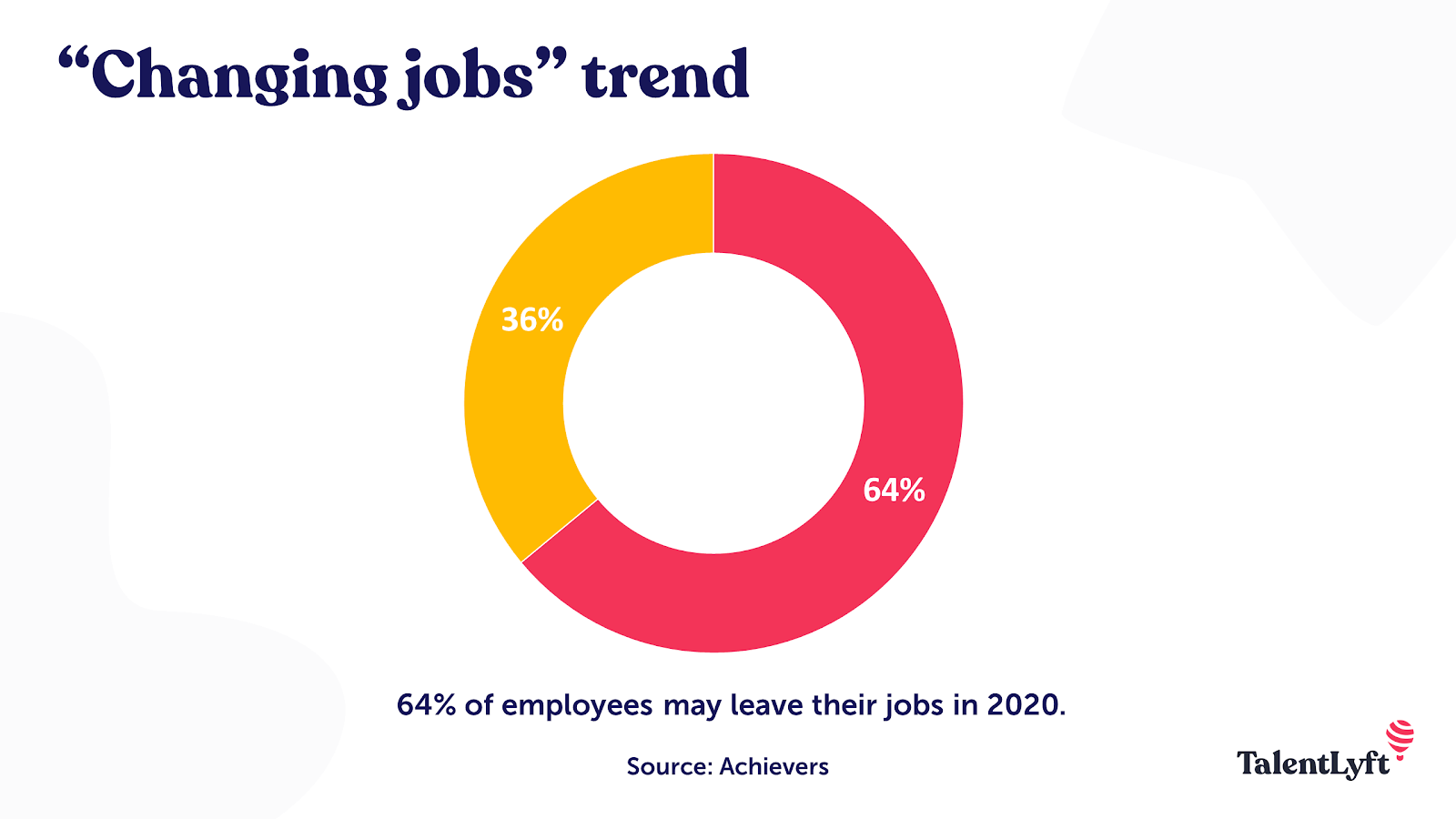
If you find something questionable about the candidate’s work history, you should ask them about it. Sometimes you can find a reasonable explanation for the unemployment gap. If not, this could be a sign of a shortcoming.
Expert speaks:
“If the resume shows multiple job switches in a short time, it means they get bored easily and will get easily tired of the job.” - Joe Flores, Director at Recruiting Services
The idea of having an experienced professional in your team is engaging, you need to know why they are applying for this position. The overqualified candidates might request more money and they expect to get promoted quickly, might have issues with the management, and see the job as a short-term fix until they can find something better.
Expert speaks:
“Candidates who are over-qualified are used to making a lot of money, so they won’t stay in the same position for long.” - Becky Resendiz, Corporate Recruiting Specialist
A lack of eye contact can mean many things, it could mean a lack of trust in the candidate, but it could also mean lying about what they say. Such issues are red flags because if the applicant cannot look you in the eye, they will possibly have the same attitude as the clients.
That's one of the biggest errors during the job interview. Most employers rely on the body language of a candidate a lot in finding out whether the applicant is suited to the job or not. The body language can point to subtle red flags that make the candidate a bad cultural fit for the company.
Expert speaks:
“Candidates not making eye contact, not paying attention to the interviewer are some of the subtle red flags that make the candidate a bad cultural fit for the company.” - Brownen Hann, President at Argentous.
Job candidates will provide various kinds of references but the most important reference is their supervisor. Co-worker references are great but if a candidate is not able to provide a reference from a recent supervisor, then it’s definitely a red flag.
Poor or non-existent reference checks suggest that the candidate was not able to build rapport with colleagues, succeed in their assigned role or positively contribute to the company. If the candidate withholds references, it will break the trust between them and the employer because it simply means that a candidate is hiding some critical information.
Expert speaks:
“One of the biggest red flags for me is when I ask the candidates for references and they are not able to provide any proper reference or if they do provide a reference from the position that was from years ago.” - Chantal Bechervaise, Issues Manager.
You need to look at the candidates who care for their gain. That includes how many sick days they're going to get, how many holidays they're going to get when they can expect to get a pay increase, and all that before being given the job.
This information will be present in their contract so asking them during the interview might be a sign that they are interested in personal gain rather than in the job or the company.
Expert speaks:
“If the candidate is interested in monetary gains and less interested in the value he/she could deliver, then this is definitely a red flag.” - Dave Popple, President of a management consulting firm.
When you are interviewing a candidate and their experience show that they have worked as a part of the team during their last job. But they fail to acknowledge that you might have a ‘me, me’ person on your interview list.
Someone who takes credit for the work that was achieved as a part of a team effort is only interested in the glory and not much in the hard work that goes into achieving it.
Instead, choose a person who talks warmly about other people. A person who can recognize others’ work is someone who you want on your team. Always assess if your candidate is a team player.
Expert speaks:
“Candidates who spend most of their interviews talking about themselves are not team players.” - Becky Resendiz, Corporate Recruiting Specialist
Bad listening skills during the interview process will show up at different points. In your initial contact with the applicant, you will test this, how much does he need to remember the information you checked? Forgetting basic information about the company or the schedule can be a little bit of a problem.
This indicates the applicant doesn't pay attention to detail. Forgetting basic information about the company or the schedule can be a little bit of a problem. This indicates the applicant doesn't pay attention to detail.
Expert speaks:
“Candidates who are lost during the interview process might not have a genuine interest in the job role.” - Joe Flores, Director, Recruiting Services
Spotting the red flags can be challenging, all of your candidates might be different and you will need to take out time to understand a candidate to see if the above red flags will apply to them.
It’s important to use your best judgment while assessing the candidate and don’t forget to rely on the experience of other employees in your office. For example, using recruitment services will allow you to understand each candidate from various perspectives. The recruiter will spot something which you were not able to see.
Be careful how you reject candidates. Check out best practices for rejecting candidates and turning them into your employer's brand ambassador!
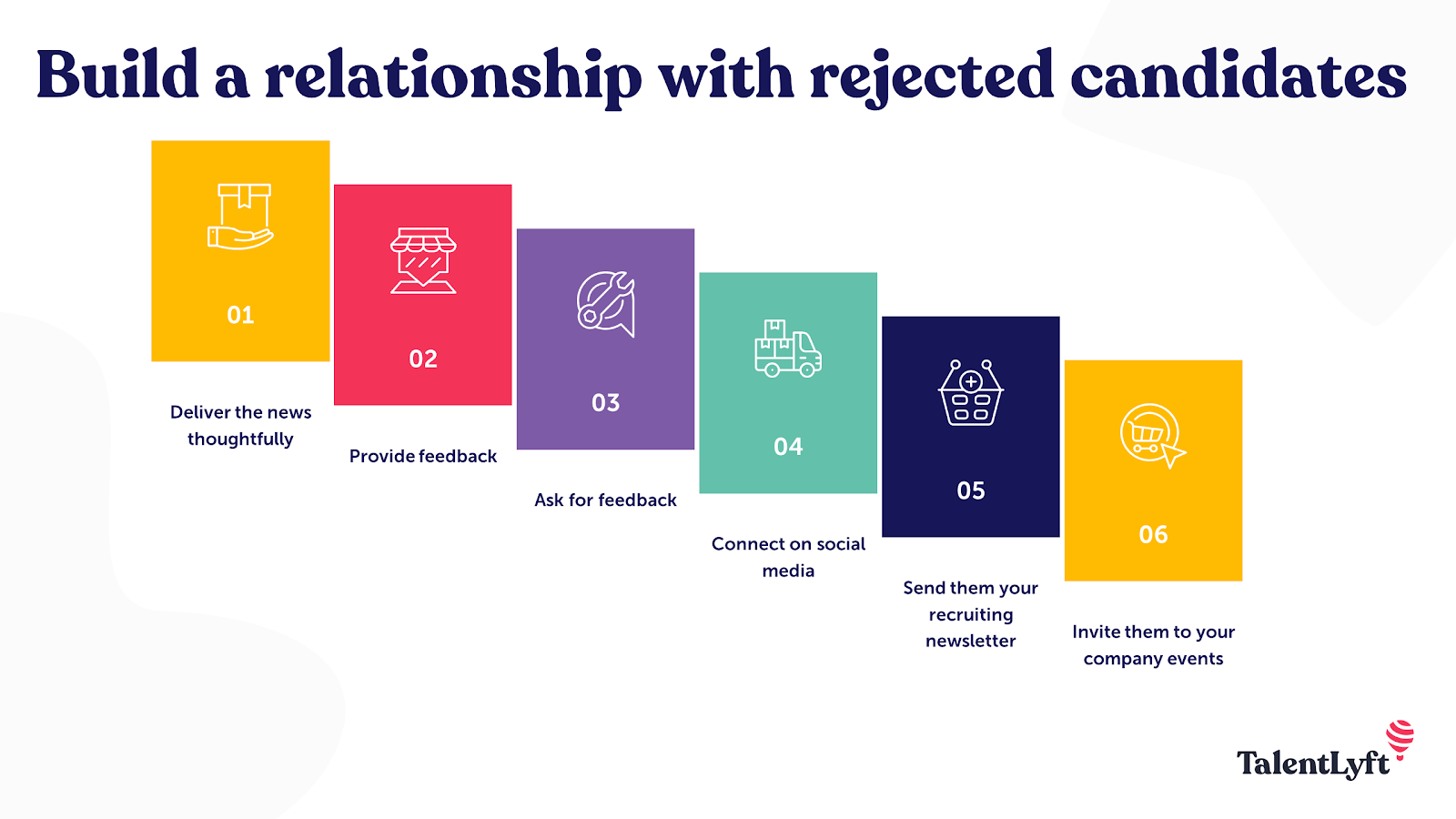
Ginni is a Talent Acquisition Expert with extensive experience in tech and non-tech hiring. She loves blogging and writing articles about Talent Acquisition and Human resources. She has been associated with the Talent Industry for a while and enjoys sharing her experience with others.


